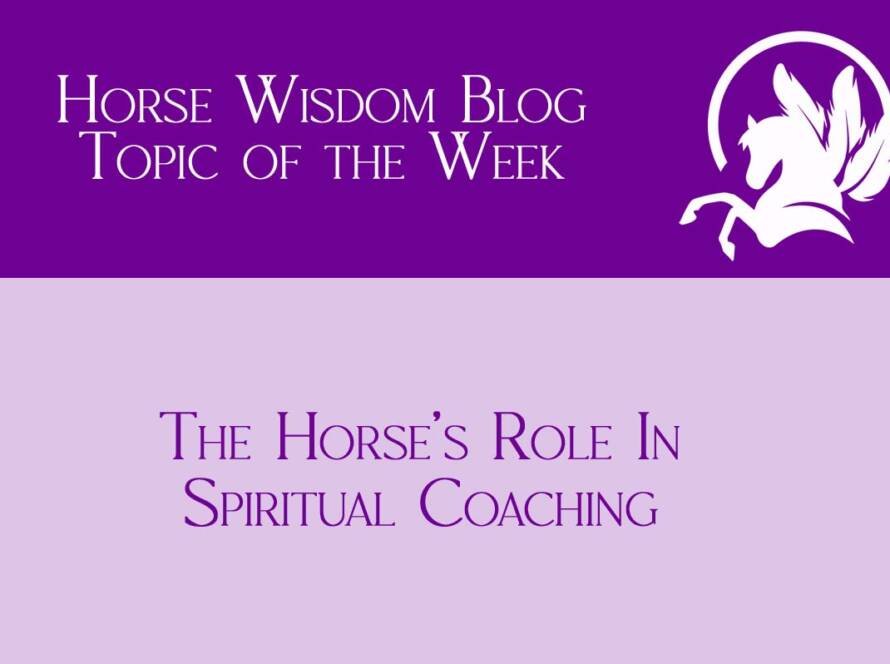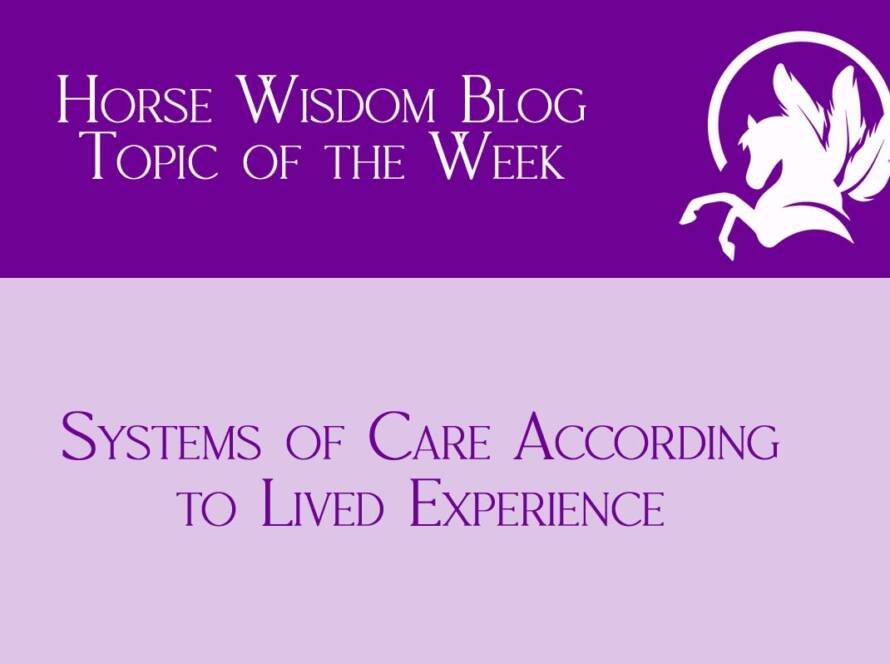Recently an article came across my social media feed that talked about how the equine therapy industry has deified horses to the determent of honoring their unique personalities, behaviors, and rights as a sentient entity of their own. This mirrors some discussions that have been happening within the spirituality communities, namely the pagan one, who seek to use horses as gateways to wisdom. And I admit, at first I bristled a bit as someone who has devoted their lives to horses and who sees the sacred herd as equals, as beings deserving of autonomy, rights, and choice as well. I had to sit with that for a moment and find out why I got prickly around this topic.
And then I realized that the dualism of deification of horses vs. non sacred beings matches the harmful dualisms that exist in our society today and are just a symptom of a wider problem. We don’t view other life on this planet as necessary for space and food unless it is deemed “special”.
Horses are animals, mammals, similar to us in some ways and different in others. They have their own desires, their own needs, and their own priorities. We, over the centuries, have domesticated them and insisted they live alongside us. The least we could do is learn about their communication, their behavior and do our best to see each of them as an individual. Whether we see the horse as a tool or an otherworldly being – what ultimately suffers is the therapy, and the horse’s welfare.
- from Deification is still Objectification by Kate Naylor, Natural Lifemanship
I agree with a lot of what Kate says in this article, that a lot of modern equine assisted therapy sees a horse as a tool. The feedback a horse is giving you, for example not picking up its foot, isn’t necessarily a reflection of your inner state. The horse could be stubborn, could sense that you aren’t committed to the action of picking up its foot, or we may not see the subtle adjustments of body mechanics that indicate the horse needs to shift its weight first in order to support itself and pick up the foot. This is but one of many examples. But to be honest, I still feel like Kate misses the broader point.
Don’t get me wrong. I, like Kate in the article, believe that a real reciprocal relationship with horses (or cats or chickens or any other creature) can greatly enrich both parties and perhaps work to heal the world. I think we need to let go of control, a control which stems from an unrealistic and outmoded way of thinking of dualisms. We can blame the “Enlightenment” for this, a belief that there is natural and not natural. A large chunk of religious studies is very much figuring out what is sacred and what is profane and defining religion as something which welcomes the first and eschews the second. We need to let go of our androcentric view of the world, a view that puts humans in the center, as if we were the sun and everything revolved around us. I suspect it’s the opposite really, that if we had to put anything in the center it would be the plankton and the chlorophyll and the molecules which fuel our bodies and drive our global ecosystems. But they’re not sexy. They don’t capture the imagination. No one has prayed to the plankton that I know of, except maybe the crustaceans and cephlopods, but humans, no doubt, haven’t caught up to their level yet.
I also don’t think we’ve caught up to the equine level, either.
If we stop thinking in hierarchies and instead imagine everything as sacred, the world, the life upon it both known and unknown, and all levels of life from the really cool caterpillar I saw in the yard this afternoon to horses and beyond, then having a relationship becomes easier. We are all equals. There is no need to dominate or control. We can befriend ourselves and befriend the wider ecosystem, because it all sustains us and keeps us going.
I agree with Kate’s article for the large part. But in asking that we build a relationship based on respect, and in stating that the relationship becomes a better one (which I don’t deny its better than an authoritarian one), then we are still asking the all important (to us/to humans) and very neurotypically human question: what’s in it for me?
Relationship building is the first step. How about we take the second and that’s friendship building. I care about you (and this you is everything from the plankton to horses to another person) because you deserve sustenance and care, resources and community just for existing, and I wish you health and happiness and autonomy and yes, the choice whether to reciprocate or not. I also believe that I have things to learn from you, and again that’s a you that spans from plankton or even smaller creatures to horses, elephants, and even fellow humans. Too often spirituality becomes about what we can gain. Let’s think about what we can share, and perhaps, what we can offer instead.


